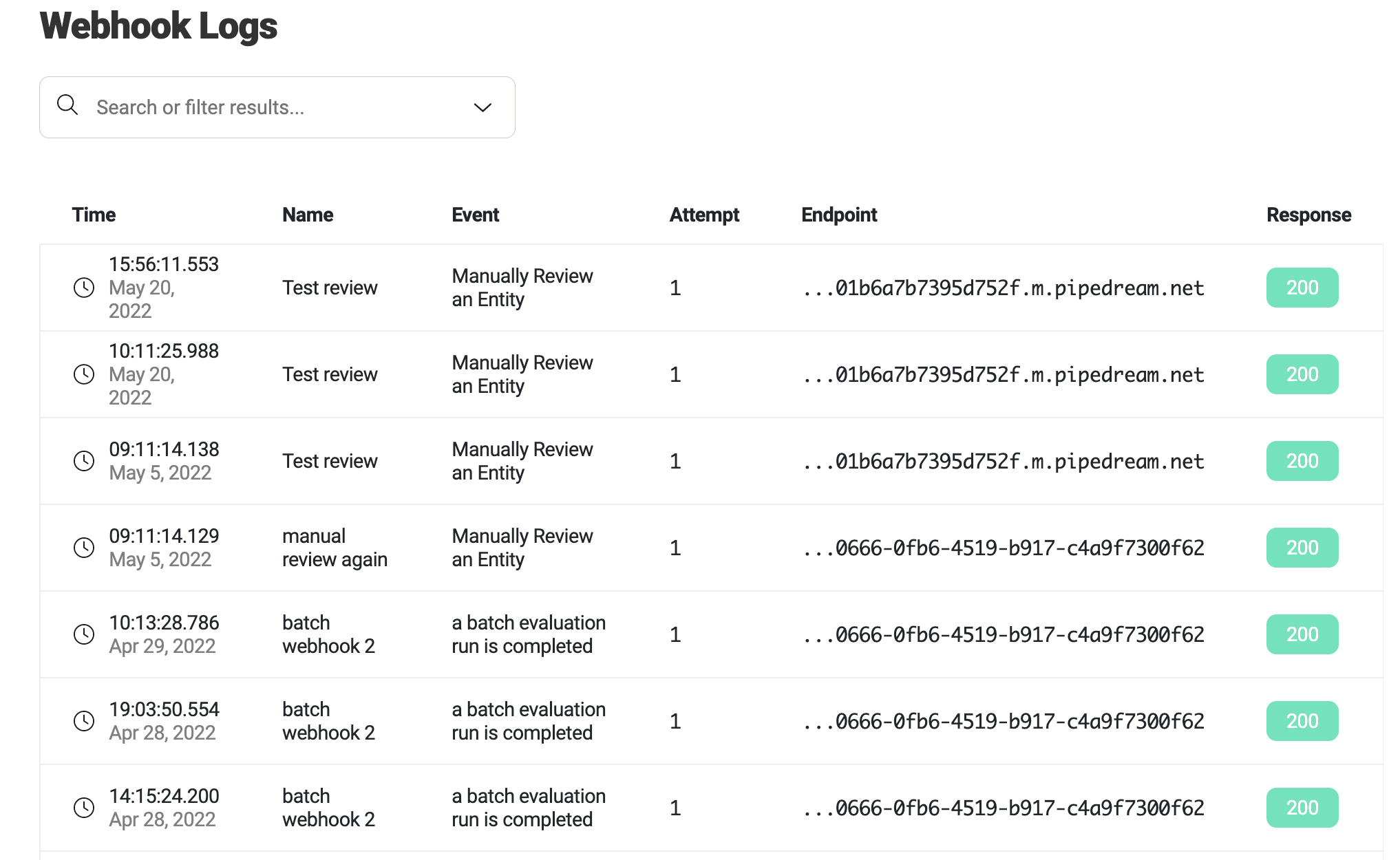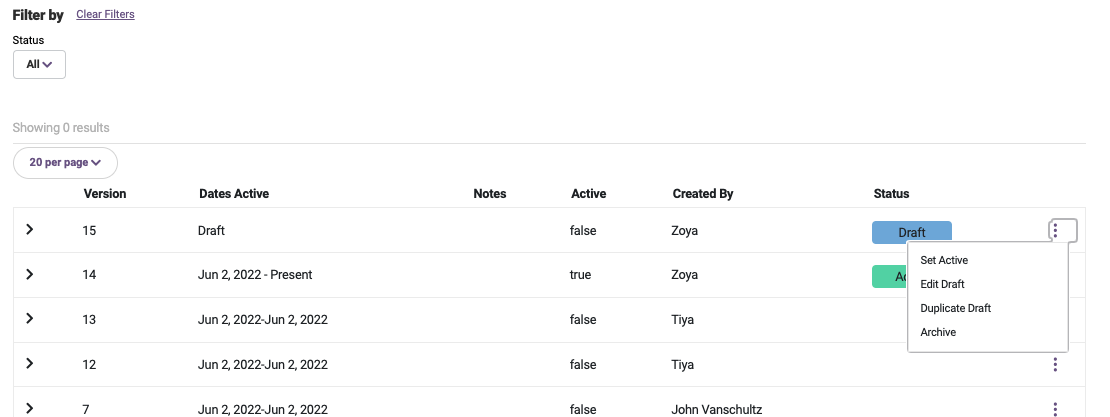More flexible aggregations now available for transaction monitoring rules
Transaction Monitoring clients can now build rules on transaction history and PII changes using more granular time range options including minutes and hours.
Furthermore, clients can also run aggregations at the transacting account level for entities with multiple accounts. Previously, aggregations could only be run on the entity as a whole. This change also extends to aggregations for counterparties; this means clients can create rules aggregating counterparty activity relating to a specific account.
These changes enable clients to configure more custom rules in order to better detect suspicious activity and reduce potential false positives for teams to review.




